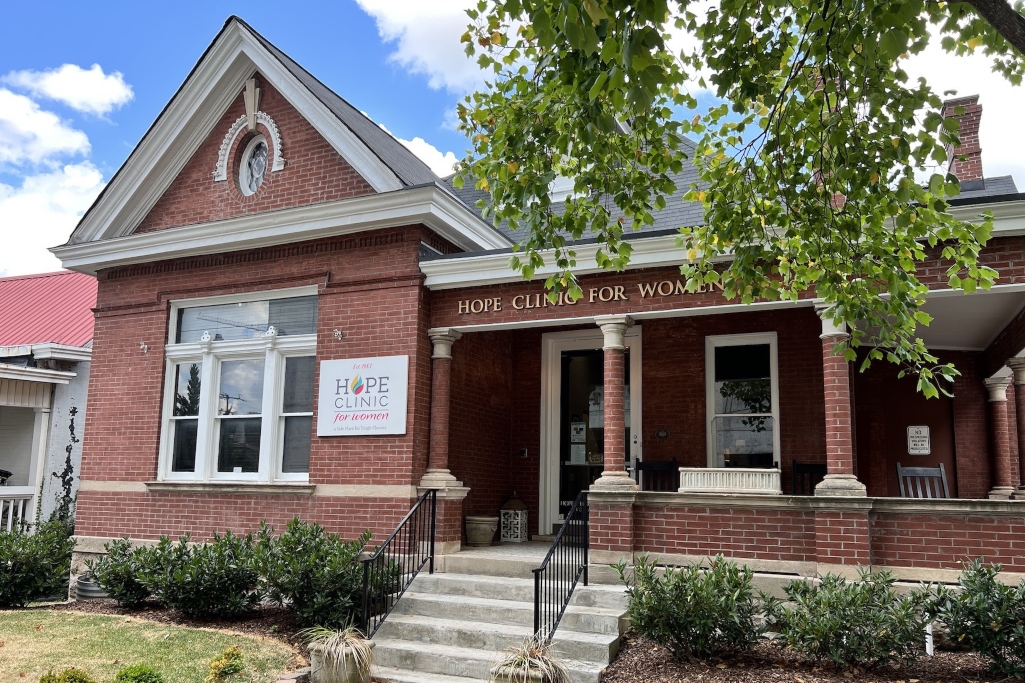Churches are called to uphold justice for the marginalized and vulnerable but must include the motivation for such actions. It begins with a relationship with Christ.
That focus, says Herbie Newell of Lifeline Children’s Services, is the difference in doing good for its own sake and doing good that addresses the root issues. “The Church needs to see that God has called us to do justice. But, doing justice is only part of our gospel proclamation. Lifeline goes into the hard places for ministry while staying rooted in the gospel of Jesus Christ.”
Celebrating its 40th anniversary this year, Lifeline grew out of Sav-a-Life crisis pregnancy center to address the needs of vulnerable children and families through adoption, family restoration, orphan care, education and counseling. Co-founders Wales Goebel and John Carr wanted to show the gospel to those clients, Newell said. In addition to educating pregnant women about their options and sharing the gospel, Christian families were also available to adopt the child should the birth mother make the choice to carry the baby to term.
“The secret sauce of what we do is found in the discipleship aspect of our ministry,” added Newell, Lifeline’s president and executive director. “It creates a generational ripple effect. When you work with one young person and provide Christian families for a child, then you provide healing for the future.
“It’s never been just about the child, but discipleship. If we took that out of our statement of faith, then we change everything about our ministry.”
Like other Christian adoption agencies, Lifeline has felt the pressure as culture has shifted on sexuality and marriage. When Bethany Christian Services, one of the nation’s largest evangelical adoption providers, declared earlier this year it would now serve gay parents, the announcement sparked phone calls to Lifeline’s offices.
“A lot of people wanted to know where we stood,” Newell said. “People who knew us already knew the answer, but I was asked if Lifeline was going to stay biblically-minded as opposed to adapting to the culture.”
Lifeline will remain rooted to its biblical convictions regarding the family, he said. And adopting such a change would be difficult to say the least. For any change in Lifeline’s statement of faith to take place, it would first need to be unanimously approved and submitted by its executive team. It would then be put before its national board, which also requires a unanimous vote for approval.
“If one person objects, it doesn’t change,” Newell stated.
In 2015, Lifeline also made the decision to never accept government funding on any level – local, state or federal. Last year the organization’s board did vote to accept funding from the Payroll Protection Program, Newell said, after a lengthy discussion that included legal and pastoral advice. The final decision came after establishing that the funds went toward the organization’s staff, not its mission, and also be for one time rather than ongoing funding. It was paid back by the end of the summer, Newell said, and in the end the funds were not really necessary to continue operating as normal.
However, the COVID-19 pandemic impacted Lifeline’s ministry in other ways. An online tutoring ministry for foster children that Lifeline established in 2018 came into high demand last year after practically all schooling went digital. Although most schools have gone back to meeting in person, the online tutoring program remains popular and the need for tutors has increased.
Just as the ministry’s roots go back to discipleship and the gospel, they also go back to educating clients on the sanctity of life. According to Lifeline, the first child placed for adoption through the agency went on to be a Journeyman missionary through the International Mission Board (IMB) and eventually became a business owner in Birmingham. In another case, a young woman suffering through domestic violence made the decision for her baby to be adopted by an IMB family serving in India. That young woman became a believer and, after marrying a Christian man, would choose to adopt a child as well.
That generational impact of the gospel drives Lifeline and likeminded ministries, Newell maintained.
“We follow the Great Commandment and Great Commission. As we serve others, we make the gospel known and if we ever took that out, it would change our whole ministry model,” he said.
(EDITOR’S NOTE – Scott Barkley is national correspondent for Baptist Press.)


